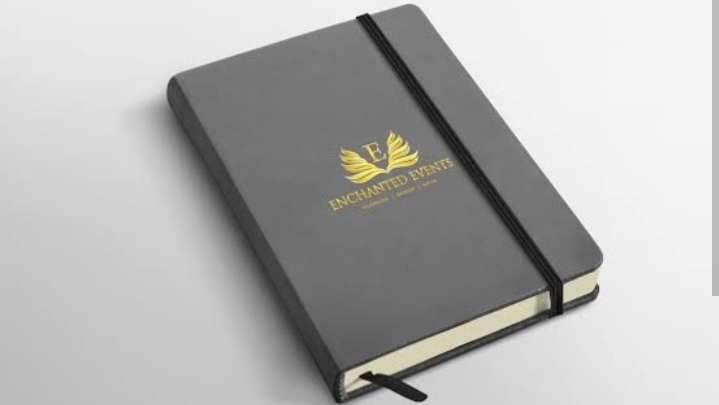How to respond to a query
Effective communication lies at the heart of every successful interaction, and responding to queries is a crucial aspect of it. Whether you’re a professional responding to customer inquiries, a student answering questions in class, or an individual engaging in everyday conversations, knowing how to respond appropriately can make a significant difference.
In this comprehensive guide, we will explore strategies and techniques to help you craft thoughtful, concise, and informative responses to queries.
Understand the Query:
Before formulating your response, take the time to fully comprehend the query at hand. Read or listen to the question attentively, ensuring you grasp its meaning, context, and underlying concerns. This step is crucial to avoid misunderstandings and to provide an accurate and relevant response.
Clarify and Seek Additional Information:
If the query appears ambiguous or lacks clarity, don’t hesitate to seek clarification. Ask follow-up questions or request specific details to gain a better understanding of what the person is asking. This demonstrates your commitment to providing a precise response and helps avoid misconceptions.
Stay Calm and Maintain a Professional Tone:
Regardless of the nature of the query, it’s essential to remain calm and composed in your response. Keep a professional tone, even in situations that might be challenging or frustrating. By doing so, you convey respect, build trust, and create a positive atmosphere for further communication.
Plan and Organize Your Response:
Before jumping into your answer, take a moment to plan and structure your response. Organize your thoughts, outline the key points you want to cover, and decide on a logical flow for your answer. This approach helps ensure that your response is coherent, comprehensive, and easy to follow.
Start with a Clear Opening Statement:
Begin your response with a concise and clear opening statement that directly addresses the query. This initial statement serves as a preview, enabling the recipient to understand the direction of your response from the outset.
Provide Relevant and Accurate Information:
When responding to a query, focus on providing information that directly addresses the question. Draw upon your knowledge, expertise, or available resources to offer accurate and relevant information. Use concrete examples or supporting evidence where appropriate to strengthen your response and make it more convincing.
Keep it Concise and Clear:
In most cases, it is advisable to keep your response concise and to the point. Avoid unnecessary jargon, complex language, or excessive detail that may confuse the recipient. Aim for clarity and simplicity, ensuring that your response is easily understood by the person asking the question.
Tailor the Response to the Recipient:
Consider the audience or individual to whom you are responding. Adapt your language, tone, and level of detail to their level of understanding or familiarity with the topic. A personalized approach helps establish rapport, enhances comprehension, and fosters effective communication.
Address Possible Follow-up Questions:
Anticipate potential follow-up questions and address them proactively in your response. By covering additional aspects related to the query, you demonstrate thoroughness and save time for both parties by addressing possible concerns beforehand.
Offer Assistance and Encourage Further Engagement:
Conclude your response by offering assistance or suggesting additional avenues for the recipient to explore. This may include providing contact information, recommending further resources, or encouraging follow-up discussions. By doing so, you foster a helpful and collaborative environment.
Responding to queries is a valuable skill that can significantly impact the quality of your interactions and relationships.
By following the strategies and techniques outlined in this comprehensive guide, you can become adept at providing thoughtful, concise, and informative responses.
Remember to listen carefully, plan your response, be clear and concise, and tailor your approach to the recipient.
Sample of a response to a query for absenting from work.
Query
You are requested to explain to the management why disciplinary actions should not be taken against you for absenting yourself from work on the 19th of January 2023.
Re: Response to Query
Dear [Human Resources Manager’s Name],
I hope this message finds you well. I am writing in response to your query regarding my absence from work on the 19th of January 2023. I apologize for any inconvenience caused by my absence and would like to provide a detailed explanation of the circumstances surrounding my absence.
On the mentioned date, I encountered an unexpected personal emergency that required my immediate attention. I understand the importance of adhering to the company’s attendance policy and the impact my absence may have had on the workflow and my colleagues. However, the situation I faced demanded my immediate presence and required my undivided attention to resolve the matter at hand.
I want to assure you that my absence on that day was an isolated incident and not reflective of my dedication or commitment to my responsibilities at Solo Nig. Ltd. Throughout my tenure with the company, I have consistently maintained a strong attendance record and have always fulfilled my duties with utmost professionalism.
To prevent such circumstances from recurring in the future, I have taken appropriate measures to ensure my availability and prompt communication in case of any unforeseen events. I have also discussed the matter with my immediate supervisor, who has provided guidance on how to handle similar situations effectively while minimizing disruption to the team.
I understand the significance of maintaining a reliable and dependable workforce, and I deeply regret any disruption caused by my absence. I am fully committed to the success of Solo Nig. Ltd and will take additional precautions to ensure my continued presence and contribution to the team.
If there are any further questions or concerns regarding my absence or any additional information required, please do not hesitate to reach out to me. I am more than willing to provide any necessary documentation or attend a meeting to discuss the matter further.
Thank you for your understanding and consideration. I value my position at Solo Nig. Ltd and remain dedicated to upholding the company’s standards and contributing positively to its success.
Yours sincerely,

